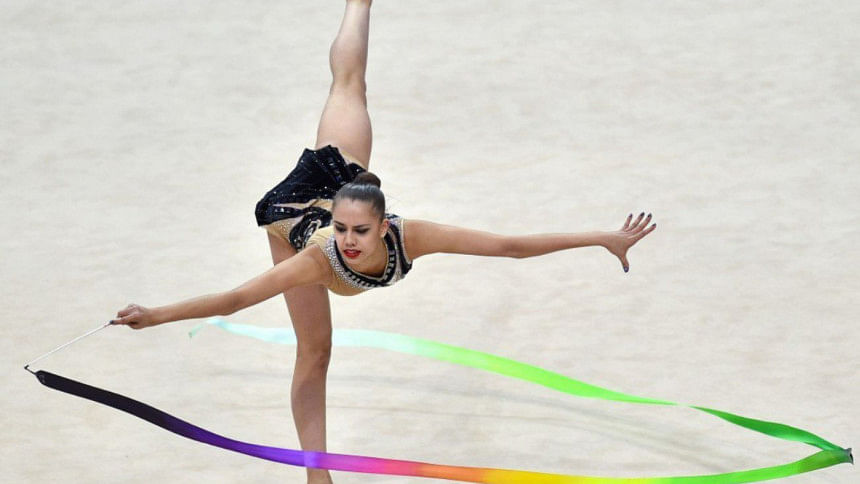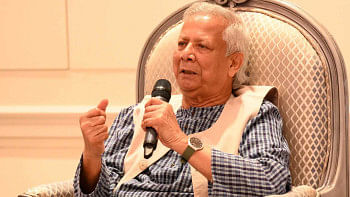Rio Olympics: Surrogate glory, proxy pleasure

Today's piece is not remotely connected with the name of the column. But I couldn't pass up the chance of putting to paper some random thoughts about the just concluded quadrennial sports extravaganza and the performance of the organisers and the sportsmen and women in Rio. I enjoyed immensely what I saw although that meant late to bed and early to rise to catch the fast moving events.
The Rio Olympics ended as it had started -- with a bang. Of course there were the usual carpers who tried to find faults with every little thing they could lay their eyes on and every place they could set their foot on. Many in the west did not give Brazil a fig of a chance to pull it off; till even last year many infrastructure projects were yet to be completed. The strike by the police just before the start of the games did not make it any easier for the organisers. But Brazil came out with flying colours at the end.
Despite what Brazil laid out it was sad but not surprising to see the short supply of praise from some western journalists. For the way the games were conducted -- 41 disciplines and more than 300 competitions -- whatever accolades came forth, one noticed, came very grudgingly. Rio didn't match Beijing or London, but it was not quite the "disaster" that some cassandras had predicted. Some participants chose to stay away from Rio because of Zika virus. The main absentees were the top ranking golfers, the 'brahmins' among the sportsmen and women, who found in Zika a handy excuse to stay away. After all, time is money and 10 days at an Olympic event was not worth the wasting, not even for a sport that was making its reappearance in the Olympics after a gap of over 100 years.
And of course Rio was not without pain and pleasure for individual sportswomen and men as well as countries. Although it was spared the blanket ban, Russia was virtually out of the games, barred on grounds of ineligibility. It was of their own making, though at the end Russia did compete in many disciplines and eventually came out fourth in the medals table despite a complete track & field ban. We can consider ourselves lucky having seen the likes of Bolt and Mo Farah in the tracks and Phelps in the pool. There may not be the likes of them in future; but who knows? Lasse Viren's double has been broken, albeit after 40 years, and at one time Mark Spitz's record of eight gold was thought unbeatable till a human albatross appeared in the form of Michael Phelps.
And how did we fare? It is daft to ask a question whose answer is so obvious. As usual our contingent has returned empty handed although one can take solace in the oft repeated adage that what matters is not winning but participating in the Olympics. But nevertheless we are in good company in South Asia. Except for India, no other country had anything to cheer about. And the world's second largest country in terms of population had only one silver and a bronze to show for its efforts.
Our urge for glory at international competitions is limitless and the craving for celebrations is strong. Just look at the rapturous ecstasy we throw ourselves into at any achievement at international level, either team or individual. And our desire and craving for both was demonstrated so starkly when we instantly related to Margarita Mamun's Gold in gymnastics. It was a typical case of reveling in vicarious delight. And it was indeed, as this paper had announced, gold for two countries. But while we are going gaga for Rita's success and claiming her win as ours, just think that her request to represent Bangladesh in international competitions about ten years ago was spurned by the Bangladesh Olympic Committee. And at the risk of sounding facetious, perhaps it was just as well. Given the degree of committment of our sports bodies to development of games and sports in the country she might have been a talent wasted if she were taken under the wings of our gymnastic federation.
Regrettably, we have become a one-sport country with all the concentration and focus on cricket. Yes, we have done incredibly well in that sport and have produced some world class players who have done us proud. But that has been because of a few individuals' commitment to the sport, and who were adequately backed up by the state over the last two decades. Has that been the case with the other games and sports? One example might put the matter in perspective. A country like Iraq, for whom tomorrow has never been a certainty in the past 13 years, not only qualified for the Olympics football but did not also lose a single match in the final group matches in Rio, including with Brazil. Need one say more?
The writer is Associate Editor, The Daily Star.

 For all latest news, follow The Daily Star's Google News channel.
For all latest news, follow The Daily Star's Google News channel. 



Comments